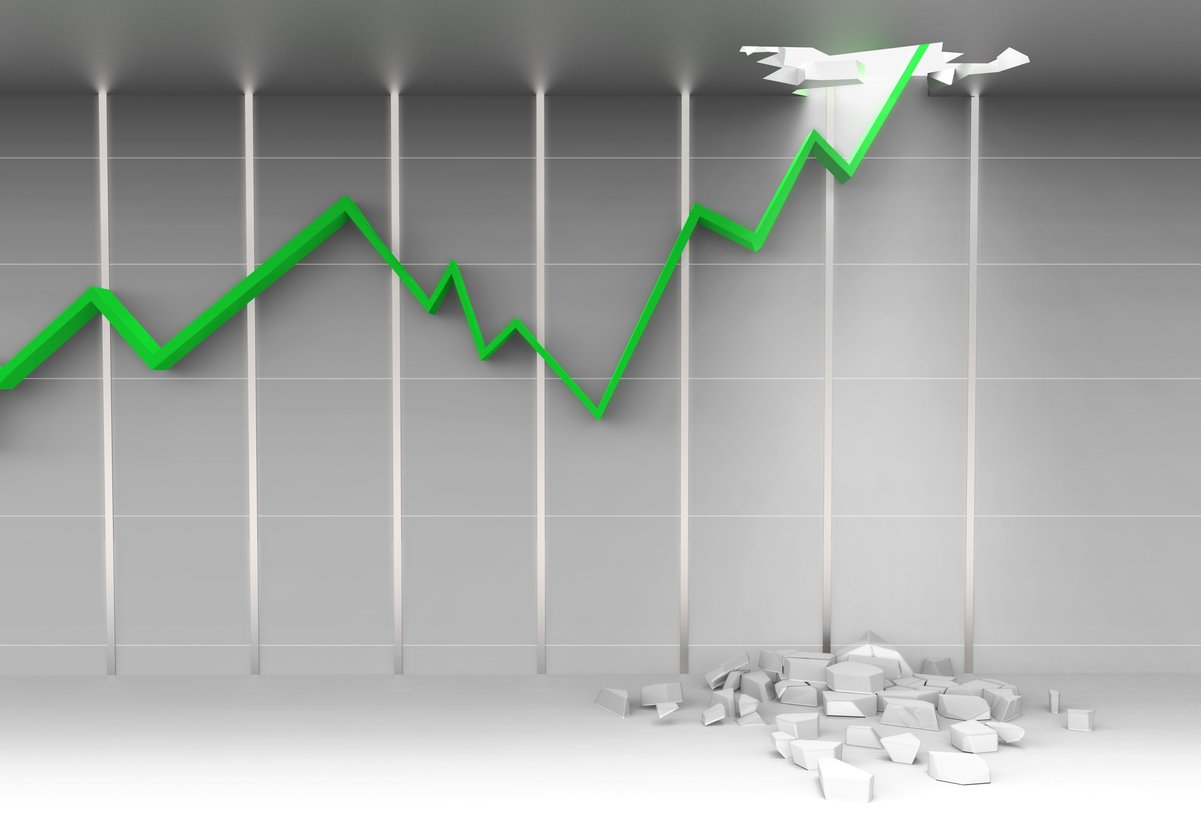Caterpillar (CAT 0.04%) stock just got upgraded. Yes, you read that right. At a time when the COVID-19 outbreak is causing a market meltdown, raising fears of a recession, and triggering frenzied stock downgrades across industries, investment bank Stifel Nicolaus has taken an exception and upgraded Caterpillar's stock rating from a "hold" to a "buy."
Why Stifel sees value in Caterpillar stock
To be fair, Stifel isn't calling a bottom on Caterpillar shares yet, but it has turned bullish on the blue chip stock. When Stifel rates a stock a "buy," it typically expects the stock to outperform the S&P 500 and generate total returns of at least 15% over the next 12-18 months.
Stifel analyst Stanley Elliot points to Caterpillar's history and believes the "business has structurally improved its earnings and cash flow profiles," which should help Caterpillar "limit downside earnings versus previous cycles."

Image source: Getty Images.
In other words, Elliot believes Caterpillar's bottom line may not be hit as hard this time around as in previous down cycles. Elliot further noted that the recent stabilization, even growth, in some of Caterpillar's end markets, combined with management's ongoing cost reduction efforts, should help the company's earnings bounce back faster as the market recovers from the coronavirus shock. Elliot also suggested that Caterpillar shares have historically found a support around dividend yields of 4%. That's what the stock is currently yielding.
Stifel's points are validated to a certain extent. 2019 was a pretty strong year for Caterpillar compared to recent years, with its revenues sliding only 2% to $53.8 billion and adjusted earnings 1% to $11.06 per share. The company also reported a healthy growth in cash flows and increased dividend by 20%.
Caterpillar's headwinds are growing by the day
I believe it's too early to make a buy call given the massive headwinds facing Caterpillar. Caterpillar has lots of moving parts, and the coronavirus pandemic has only added fuel to the fire.
Consider Caterpillar's own key end-market assumptions for each of its three segments for 2020:
- Construction industries: Declining residential and non-residential construction in North America, slowing growth in Europe, a flat to down market in China, slow recovery in Brazil.
- Resource industries (primarily mining): Mid-single digit growth in North American mining but miners still cautious about capital spending.
- Energy & transportation: Weakness in North American on-shore drilling market, flat to low growth in solar, lower industrial demand, and modest growth in transportation and power.
There's not much to like here. CEO Jim Umpleby expects "continued global economic uncertainty to pressure sales to users in 2020 and cause dealers to further reduce inventories" and expects adjusted earnings of only $8.50-$10 per share in 2020.
Global slowdown especially in China, the coronavirus shutdown impact on key sectors like transportation, and the tumbling oil prices that could put oil and gas spending in limbo all bode ill for Caterpillar. Moreover, I strongly believe Caterpillar's retail machinery sales statistics reveal a lot about its end markets -- going by the latest numbers, I'd take Stifel's advice with a grain of salt.






